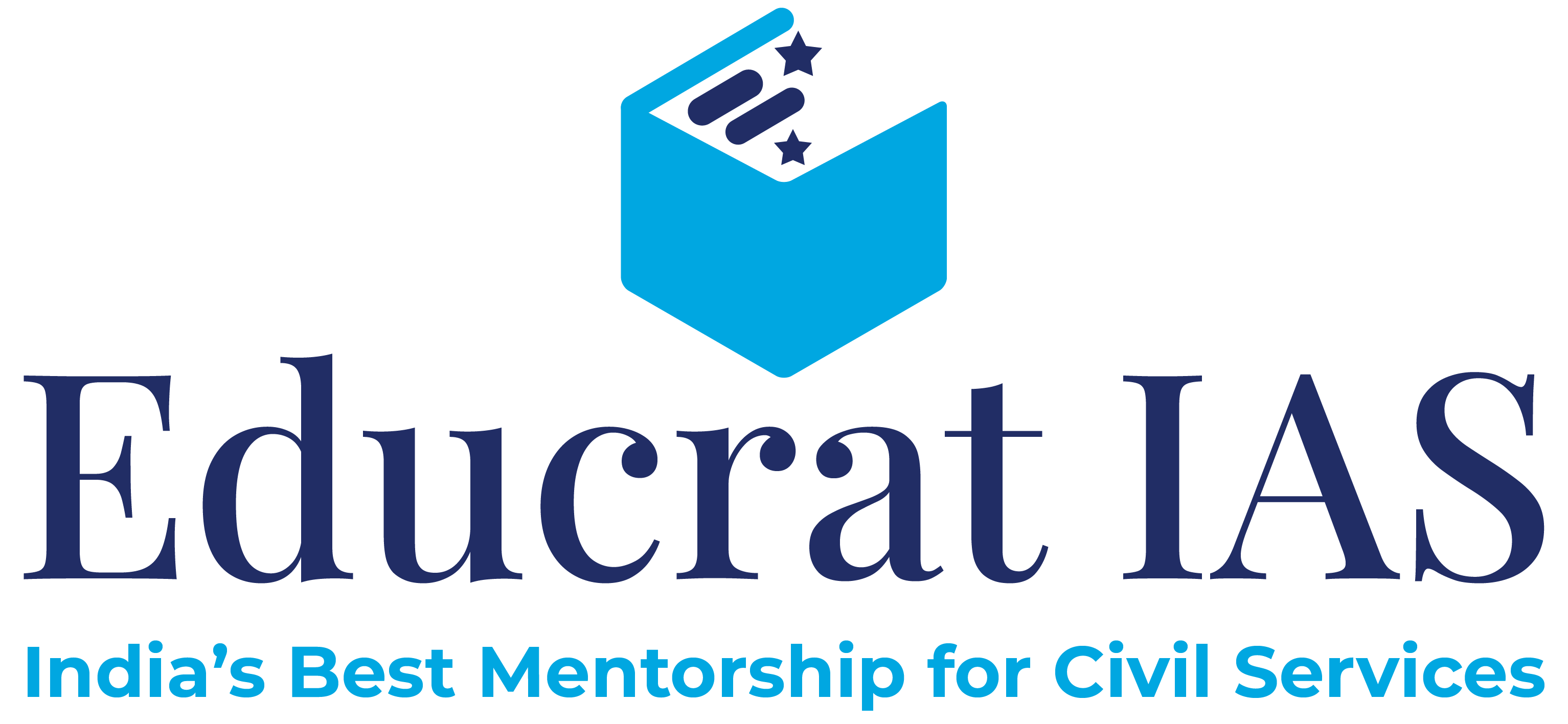PAPER – I
1. Managerial Function and Process :
Concept and foundations of management, Evolution of Management Thoughts; Managerial Functions—Planning, Organizing, Controlling; Decision-making; Role of Manager, Managerial skills; Entrepreneurship; Management of innovation; Managing in a global environment, Flexible Systems Management; Social responsibility and managerial ethics; Process and customer orientation; Managerial processes on direct and indirect value chain.
2. Organisational Behaviour and Design :
Conceptual model of organization behaviour; The individual processes—personality, values and attitude, perception, motivation, learning and reinforcement, work stress and stress management; The dynamics of Organization behaviour—power and politics, conflict and negotiation, leadership process and styles, communication; The Organizational Processes—decision-making, job design; Classical, Neoclassical and Contingency approaches to organizational design; Organizational theory and design—Organizational culture, managing cultural diversity, learning Organization; Organizational change and development; Knowledge Based Enterprise—systems and processes; Networked and virtual organizations.
3. Human Resource Management :
HR challenges; HRM functions; The future challenges of HRM; Strategic Management of human resources; Human resource planning; Job analysis; Job evaluation, Recruitment and selection; Training and development; Promotion and transfer; Performance management; Compensation management and benefits; Employee morale and productivity; Management of Organizational climate and Industrial relations; Human resources accounting and audit; Human resource information system; International human resource management.
4. Accounting for Managers :
Financial accounting—concept, importance and scope, generally accepted accounting principles, preparation of financial statements with special reference to analysis of a balance sheet and measurement of business income, inventory valuation and depreciation, financial statement analysis, fund flow analysis, the statement of cash flows; Management accounting concept, need, importance and scope; Cost accounting—records and processes, cost ledger and control accounts, reconciliation and integration between financial and cost accounts; Overhead cost and control, Job and process costing, Budget and budgetary control, Performance budgeting, Zero-base budgeting, relevant costing and costing for decision-making, standard costing and variance analysis, marginal costing and absorption costing.
5. Financial Management :
Goal of Finance Function. Concepts of value and return. Valuation of bonds and Shares; Management of working capital : Estimation and Financing; Management of cash, receivables, inventory and current liabilities; Cost of capital ; Capital budgeting; Financial and operating leverage; Design of capital structure: theories and practices; Shareholder value creation: dividend policy, corporate financial policy and strategy, management of corporate distress and restructuring strategy; Capital and money markets: institutions and instruments; Leasing hire purchase and venture capital; Regulation of capital market; Risk and return: portfolio theory; CAPM; APT; Financial derivatives: option, futures, swap; Recent reforms in financial sector.
6. Marketing Management :
Concept, evolution and scope; Marketing strategy formulation and components of marketing plan; Segmenting and targeting the market; Positioning and differentiating the market offering; Analyzing competition; Analyzing consumer markets; Industrial buyer behaviour; Market research; Product strategy; Pricing strategies; Designing and managing Marketing channels; Integrated marketing communications; Building customer satisfaction, Value and retention; Services and non-profit marketing; Ethics in marketing; Consumer protection; Internet marketing; Retail management; Customer relationship management; Concept of holistic marketing.



